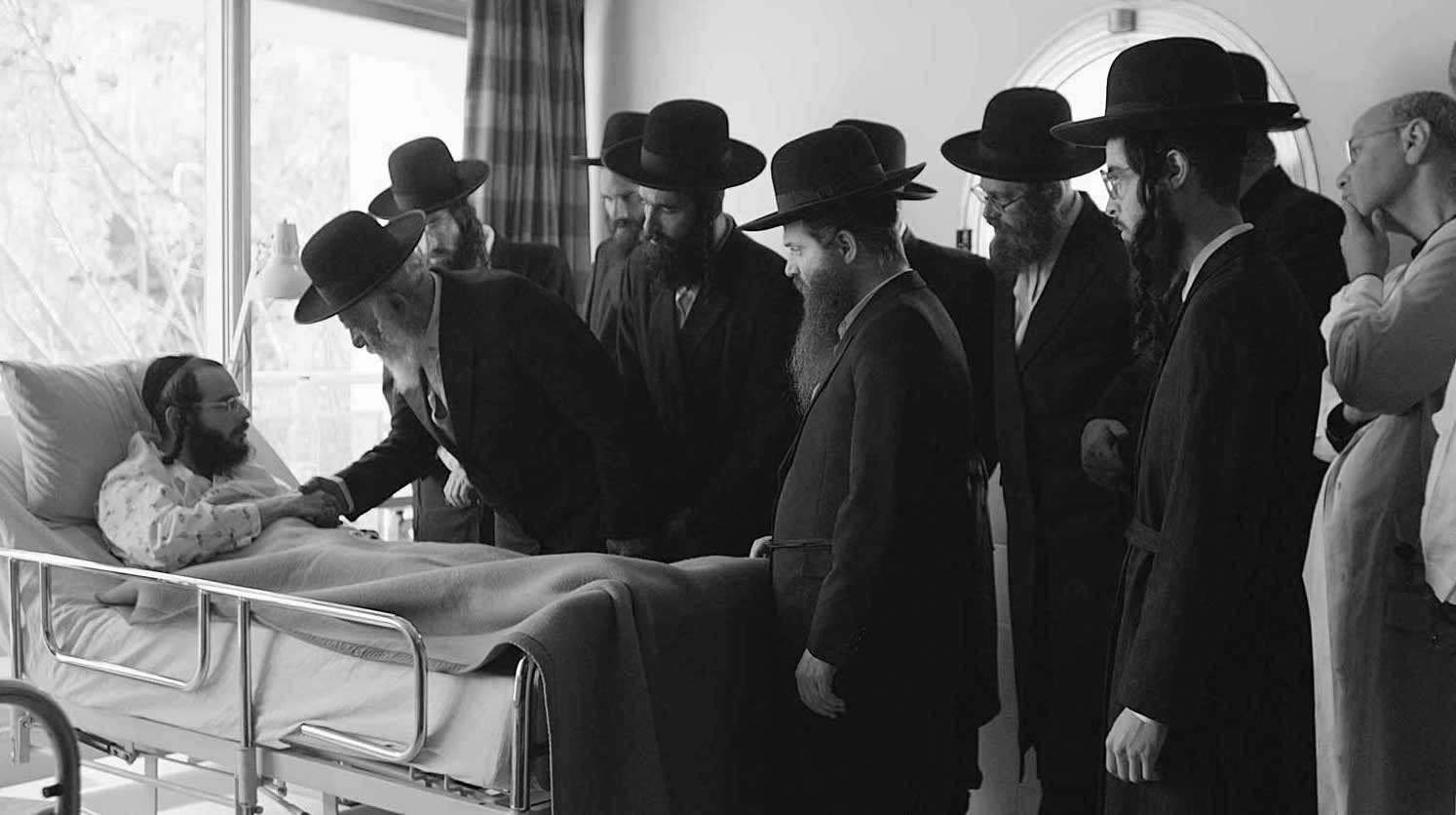I. Coming-of-age stories are strengthened when they employ a specific lens to examine universal ideas and feelings about adolescence. It’s an obvious lesson that many filmmakers and writers tend to forget, instead choosing to coast on cheap melodrama and nostalgia that rarely feels genuine. Luckily, Felix Thompson doesn’t do that in his directorial debut King Jack, imbuing specific, tender details and an abiding sense of humanity into an otherwise familiar story about adolescent alienation. Until Thompson hits the gas on the “plot” in the home stretch, tying together loose ends and needlessly explicating certain ideas, King Jack shines as a portrait of small-town life pitched somewhere between hazy calm and emotional terror.
The film follows Jack (Charlie Plummer), a feisty, friendless 15-year-old kid struggling on the margins of his own life. In a dangerous feud with Shane (Danny Flaherty), a violent older bully who frequently beats him up, he spends most of his time wandering the streets of his small town and causing minor ruckus. When his little cousin Ben (Cory Nichols) comes to town, Jack initially wants nothing to do with him, but they soon become close companions just as the internal and external threats in his life start to close in on him. Though King Jack technically focuses on those aforementioned threats, it’s best when Thompson simply details the grounded, quotidian reality of Jack’s life—spray-painting “Cunt” on Shane’s garage door, taking awkward dick pics for girls who don’t care, hiding cigarettes from his mother in his socks. In fact, the film peaks during a long stretch with Jack and Ben as they feel each other out through rock throwing and discussions about superheroes; the sequence eventually culminates with a street chase from Shane and a truth-or-dare game between them and two neighborhood girls over some cheap beer. It’s a sweet, awkward sequence that conveys the gravity of the kids’ emotional states without resorting to cloying techniques.
Thompson also excels at depicting working-class Americana, illustrating how Jack’s small corner of the world can feel like a run-down, oppressive environment that also contains its own unexplored realms. Cinematographer Brandon Roots photographs worn homes and empty streets with wonder and longing; he paints the setting like an open playground for kids to roam while their mostly-unseen parents work hand-to-mouth jobs in the periphery. For Jack, the closest symbol of such a future is his older mechanic brother Tom (Christian Madsen, son of Michael Madsen) who holds a criminal past and a minor gambling problem. He functions both as a guiding light for Jack when it comes to dealing with danger, but also as a warning for what happens when you only see the world as a battlefield. Thompson doesn’t put too fine a point on this, instead just allowing this idea to exist in the frame without adornment.
But when Thompson has to start putting some pieces together in the back half of King Jack, the film takes a turn for the lame and conventional, complete with A + B = C screenwriting logic, a final confrontation between Jack and Shane that buckles under too much thematic weight, and a last scene that strains way too hard for significance. Some of this is the fault of obvious signposting that telegraphs information best kept secret, such as the meaning of the film’s title, but it’s also a misguided desire for unnecessary forward momentum. King Jack works great with a languid rhythm that matches the long days and nights of summer, not when it feels the need to explain character motivations or goose the story with even more tension than what’s already present. Though Thompson clearly has a facility with young actors, as nearly every performance in the film is very good, it’s not enough to save the film from mediocre clichés and poor dialogue baked into the script. Ultimately, King Jack was better off walking around with nowhere to go than when it’s sprinting towards a foreseeable conclusion.

II. Avishai Sivan’s Tikkun is also a coming-of-age story in some respects, but instead of focusing on small-town kids growing up lost and confused, it’s about a devout Yeshiva student living in Jerusalem who experiences a crisis of faith. Haim-Aaron (Aharon Traitel) organizes his life around a religious routine that precludes any independence. All of that changes when Haim-Aaron experiences an erection and collapses in the shower; he technically dies that very night only for his butcher father (Khalifa Natour) to suddenly revive him at the last minute. But when he wakes up, Haim-Aaron loses interest in his studies almost immediately. He instead occupies his time hitchhiking around the area, walking on the beach, and experimenting with mortal pleasures like sauntering into a brothel. Meanwhile, his father starts seeing disturbing visions indicating that he angered God by saving his son, throwing his world into minor turmoil as well.
Sivan neatly captures the meditative rhythms of an existential crisis, how the contours of one’s own life feel fragile while every new experience takes on an exciting, frightening dimension. Tikkun adopts a formal approach popular in art-house circles—long takes, static camerawork, non-narrative pacing—but Sivan doesn’t convey disaffection with such techniques, but rather calculated chaos. He illustrates how life can unexpectedly flourish within as well as aggressively invade the frame amidst a sober environment, especially in the surreal sequences, like when a reptile pops out of a toilet. Shai Goldman’s haunting black-and-white photography renders Tikkun a cold, disciplined world, treating Haim-Aaron’s experimentation like a forced disruption in an otherwise placid universe.
Tikkun rests on Traitel’s shoulder, as his blank, pained expression effectively drives the film. He speaks volumes about his character’s ennui when he says nothing, subtly demonstrating how an otherwise “good kid” can go off the beaten path after experience a life-altering event. Naturally, the film assumes some psych-horror flourishes to visually convey Haim-Aaron’s internal confusion, like the butcher sequences or the creepy late-night car rides to nowhere, but it never goes full-bore into such territory until the film’s reckless conclusion. Simultaneously gratuitous and tidy, the ending brings everything full circle via a foggy, sexual nightmare, unintentionally illustrating the hollowness of Sivan’s final “point.” It’s another example of a director trying to do too much in the homestretch, possibly out of anxiety that their film was saying too little. However, Tikkun was saying plenty before the end, it just wasn’t communicating it too loudly. But Sivan lets his finale scream when his film excelled at a whisper that only approached a dull roar.

















